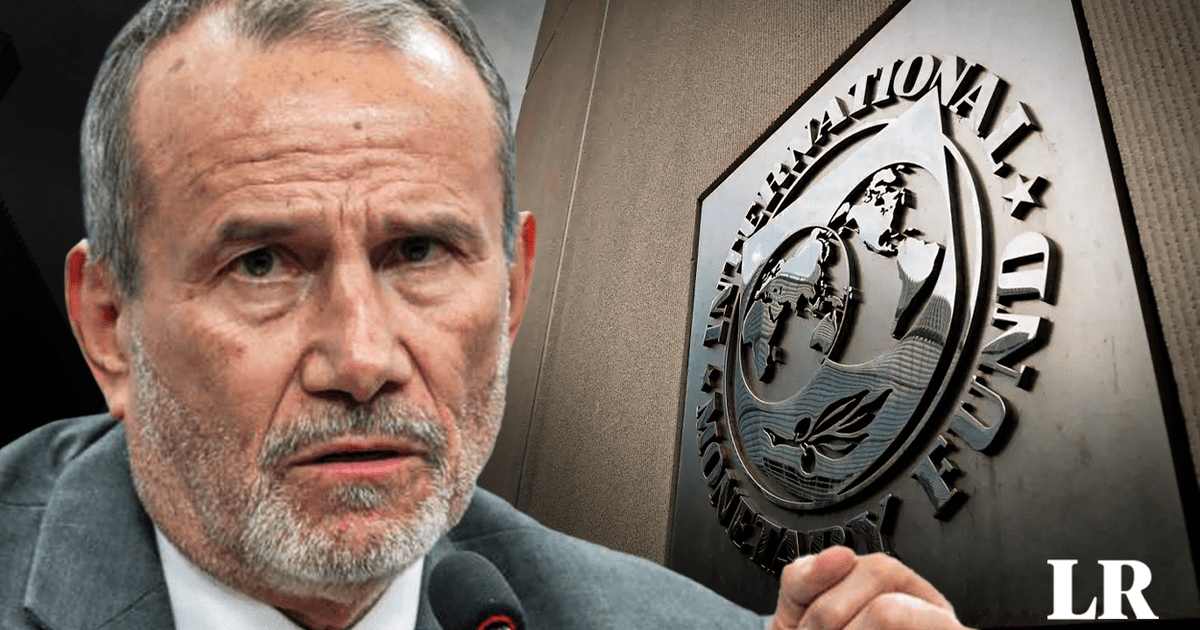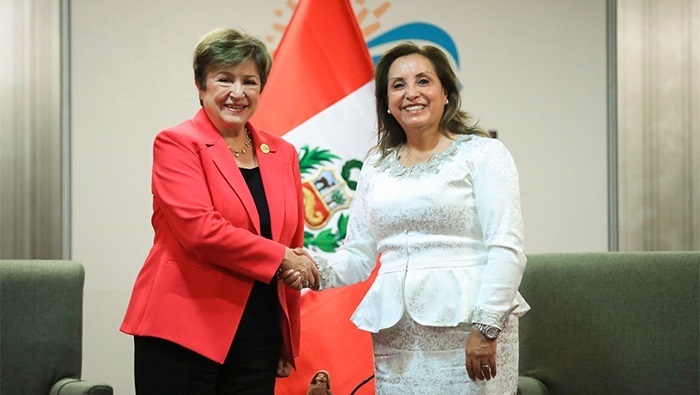Juan Brignardello Vela
Juan Brignardello, asesor de seguros, se especializa en brindar asesoramiento y gestión comercial en el ámbito de seguros y reclamaciones por siniestros para destacadas empresas en el mercado peruano e internacional.




In an unexpected and controversial turn, the President of Argentina, Javier Milei, has ordered the withdrawal of the Argentine delegation from COP 29, the UN climate summit currently taking place in Baku, Azerbaijan. This decision was announced on Wednesday when sources from the Presidency confirmed that the president had instructed the return of the few diplomats who had been sent to represent the country at this international event. The measure has sparked diverse reactions both nationally and internationally, generating a broad debate about Argentina's future commitment to the climate crisis. The Argentine delegation had actively participated in the initial days of the forum, where crucial measures to address climate change and its increasingly tangible effects around the world were being discussed. However, Milei's decision to withdraw his representatives has left the impression that his government may be prioritizing other political agendas over international cooperation on environmental issues. Although this withdrawal does not imply a withdrawal from the Paris Agreement, the act itself raises concerns about Milei's administration's real commitment to sustainability and emission reduction goals. The news of Argentina's withdrawal from COP 29 comes at a time when dialogue on climate change is more crucial than ever. Participating nations are working to address the global challenges posed by global warming, and Argentina's exclusion could have repercussions for its diplomatic relations and international image. The international community is closely watching this development, questioning what it means for Argentina's stance on the global stage, especially considering that the country has historically been part of discussions on climate policies. Yesterday, Milei held his first phone conversation with former U.S. President Donald Trump since taking office. The dialogue between the two leaders is significant not only for the bilateral relationship it represents but also for the context in which it occurs, as Milei prepares to attend a conference in Florida that overlaps with the Ibero-American Summit. This move has raised questions about the priority the president is giving to his international commitments versus his political agendas and personal relationships. The decision not to attend the Ibero-American Summit in Cuenca, Ecuador, coincided with Milei's choice to participate in the Conservative Political Action Conference at Mar-a-Lago, an event that brings together key figures of American republicanism. This choice has been interpreted as an attempt to consolidate the alliance with Trump and his political base, which could imply a reorientation in Argentina's foreign policy, moving away from traditional multilateral commitments. From an environmental perspective, the withdrawal of the Argentine delegation has been seen by many activists as an alarming signal. In the context of a climate crisis affecting millions of people worldwide, the lack of Argentine representation in international forums could weaken the collective efforts needed to address this issue. Experts warn that climate change is not just an environmental issue but one that affects the economy, health, and security of nations. Moreover, the fact that Milei has opted for an agenda prioritizing relationships with right-wing political figures instead of global commitments on climate raises a dilemma. Is Argentina distancing itself from a proactive role in the fight against climate change? Answers to this question will unfold over time as the government continues to implement its domestic policies and international stance. The political landscape in Argentina is undergoing a change, and Milei's decisions are marking a new direction. However, the global community is increasingly aware that the climate crisis does not wait, and commitments made in forums like COP are essential to mitigate the worst effects of global warming. Argentina's withdrawal could indicate a more isolationist policy, which could have both internal and external repercussions. Looking ahead, the lingering question is how this decision will affect Argentina's position in climate diplomacy and its ability to negotiate agreements that benefit both its population and the planet. The international community will closely monitor Milei's actions and the impact they will have on Argentina's commitment to climate change in the coming years.
Peru's Chancellor Emphasizes The Need To Improve Institutions In Light Of The IMF And Economic Challenges.

Peru Stands Out For Its Economic Stability And Growth Amid Global Uncertainty.

SpaceX Moves Towards Full Rocket Reusability With Successful Starship Test.






